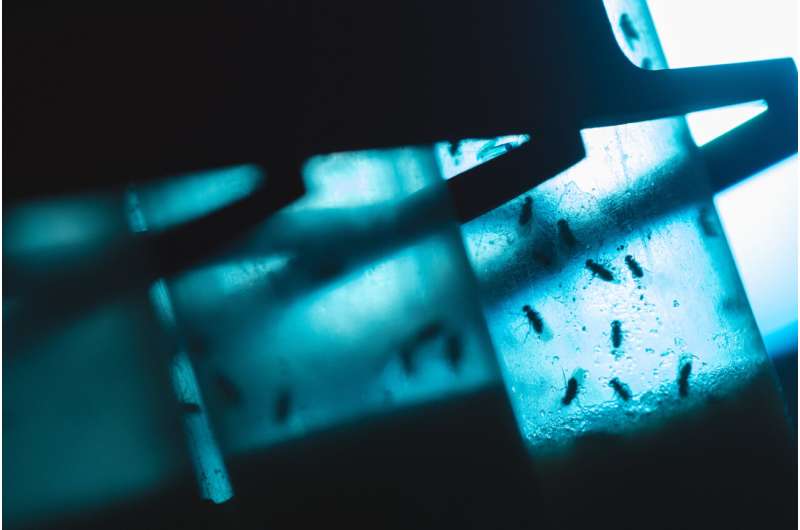This article has been reviewed according to Science X's editorial process and policies. Editors have highlighted the following attributes while ensuring the content's credibility:
fact-checked
trusted source
proofread
Study identifies potential cause of long COVID muscle weakness

University of Malta researchers have discovered a potential cause of the persistent and often debilitating symptoms experienced by long COVID-19 patients. The new study published in Biochimica et Biophysica Acta (BBA)—Molecular Basis of Disease has implications on the development of medications to treat individuals that have not completely recovered from COVID-19 infection.
Nearly one third of individuals that recover from COVID-19 are plagued by symptoms that are often life-derailing including lingering fatigue, breathlessness, difficulty with concentrating (often called 'brain fog') and muscle weakness. Although long COVID is increasingly becoming a significant global burden affecting everyday functioning, its cause has been elusive.
SARS-CoV-2, the coronavirus responsible for COVID-19, latches onto the ACE2 (angiotensin-converting enzyme 2) receptor, which acts as the doorway through which the virus infects cells. In a pioneering study, researchers at the University of Malta exploited fruit flies to curb down the levels of the ACE2 receptor. In the absence of the virus, this was enough to induce fatigue and diminished mobility.
"Our research clearly shows that depletion of ACE2 is central to the neuromuscular complications experienced by a significant percentage of COVID-19 patients," said Professor Ruben Cauchi, who heads the Motor Neuron Disease Laboratory at the University of Malta.
The compelling findings stem from a major study which started during the heat of the pandemic and temporarily took over the lab's main focus in response to the global emergency. Prof. Cauchi and his team have long been using fruit flies to research ALS because of the remarkable genetic and biological similarities to humans.
When analyzing molecular defects in organisms with downregulated ACE2 levels, the Maltese scientists discovered a breakdown in communication between nerves and muscles. Several key molecules required for nerves to send messages to muscles were found compromised.
Various paths are thought to coalesce to bring down ACE2 levels or dampen its function in humans following a coronavirus infection. "In addition to being hijacked by the virus, the ACE2 receptor on the cell's surface can also be targeted by autoantibodies, with the immune system attacking the body as it does in Multiple Sclerosis," added Dr. Paul Herrera, who performed the intricate experiments that were crucial to the study. There have also been reports of virus persistence long after the initial infection.
The discovery by the University of Malta sheds light on the lasting impact of COVID-19 infection and paves the way for therapeutic approaches to mitigate chronically disabling complications.
More information: Paul Herrera et al, Functional characterisation of the ACE2 orthologues in Drosophila provides insights into the neuromuscular complications of COVID-19, Biochimica et Biophysica Acta (BBA)—Molecular Basis of Disease (2023). DOI: 10.1016/j.bbadis.2023.166818



















